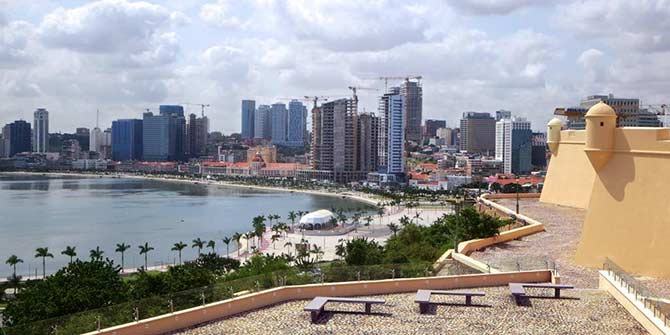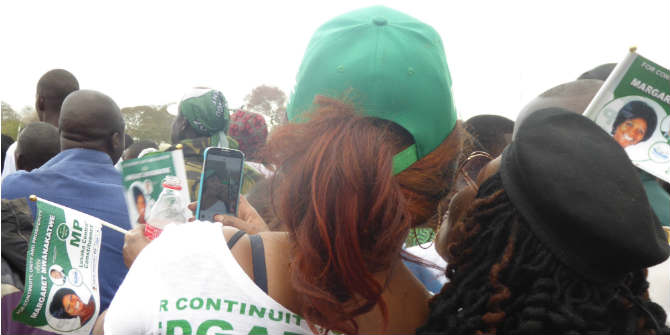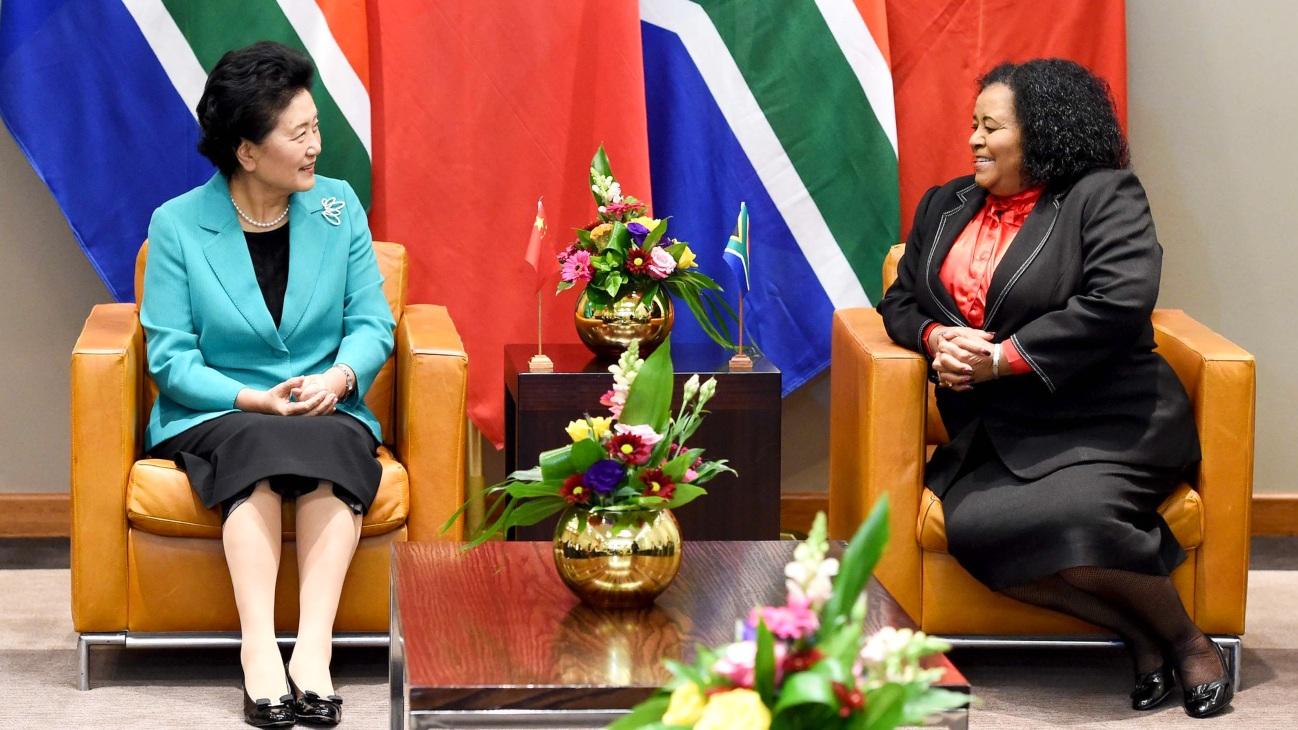In the second of two articles looking at the destructive legacy of colonialism, LSE’s Noam Schimmel argues that an honest accounting of torture of Mau Mau rebels by the British government may help open the way for restorative justice for victims. This originally appeared in the Huffington Post.
The repression of genuine accounting with an individual or a nation’s failures and violations of democratic values and human rights leads not only to a failure to acknowledge and wrestle with historical truth. It prevents victims from seeking redress, allowing for denial which disables efforts to rectify through restorative justice wrongs of the past which still impact the present and their daily lives.

The truth, however, demands its own accounting by honestly, critically, and fairly assessing one’s own national record.
In this regard Europe is not unique in its failure – it is a near universal and all together human one. But that does not make it right.
The Turkish government continues to deny the Armenian genocide perpetuated by the Ottoman Empire and Sudan denies its role in the crime against humanity of extermination and possibly of genocide as well.
The legacy of colonization is not an exclusively European one. The former Soviet Union and China have their own histories of invasion, empire and conquest to contend with. The practice of Communism and colonization which were inextricably linked in the Soviet Union and China caused a far greater number of deaths and more wide scale human rights violations than that ever pursued by Europeans.
That in no way exonerates European governments for massive and egregious human rights violations, but it does contextualize them and challenge the absurd notion often advanced by Communist governments that imperialism was only a European and Western project.
But for a continent that prides itself on its commitment to human rights and liberalism Europe is strangely and troublingly lacking in self-reflection and reparation for its legacy.
Europe has never genuinely and substantively confronted its colonial past and the devastating trail of violence it entailed. Only this year has the subject attracted significant attention in Britain – primarily because of the efforts of Kenyans to seek legal redress for the human rights violations they experienced during the Mau-Mau rebellion and the release of government documents from the time outlining methods of torture and other forms of abuse.
As David Anderson has written in the Guardian, “As a nation Brits nurture memories of empire that are deceptively cozy, swathed in a warm, sepia-tinted glow of paternalistic benevolence… However benevolent empires aim to be, they are invariably built on political, economic and military domination. Empires are by their very nature exploitative, the authority of imperial rule often established and sustained through violence and coercion. In all of this, Britain’s empire was no different than any other. It is time for a reappraisal of our imperial past – for a new kind of reckoning that takes account of the power relations that must inevitably determine the history of any empire. This should not be just a balance sheet of progress, but rather a candid review of the history, warts and all.”
The British high court has acknowledged that “there may have been systematic torture of detainees during the [Mau Mau] emergency” and that it would be “dishonourable” for the courts to accept the Foreign Office’s claim that veterans of alleged torture and other human rights abuses should sue the Kenyan government.
These are welcome words.
British human rights abuses in Kenya were not on a small scale. They included starvation, burning alive, whipping, clubbing, sexual torture involving sodomy, forced labor, forced displacement of civilians, and other forms of violence.
This was government policy, implemented with the full knowledge and consent of the British authorities from the governor on down. The cover up the British government engineered entailing the destruction of tens of thousands of documents was on a massive scale.
An honest historical accounting can help advance the restorative justice which many of its victims rightly demand and deserve. As the lawyer for the Kenyans bringing their case for redress, Martyn Day, has stated, the case is “not about reopening old wounds”.
Indeed the wounds have been open for decades, festering and unhealed, ignored by the government of their perpetrators and all governments that have followed.
Day continued,
“It is about individuals who are alive and who have endured terrible suffering because of the policies of a previous British government. They are now seeking recognition and redress in the form of a carefully conceived welfare fund. It is incumbent on the government to treat such people with the respect and dignity they deserve.”
Britain’s attorney general in Kenya at the time of these human rights abuses stated that “If we are going to sin, we must sin quietly.”
The silence is finally breaking.






I agree with the thrust of this article except for the stupid and ill-considered comment that “the Soviet Union and China caused a far greater number of deaths and more wide scale human rights violations than that ever pursued by Europeans”. Are you counting the European conquest of the Americas? Are you counting slavery and the massive disruption that that trade caused to west Africa (east Africans were enslaved by Arabs)? Are you counting the millions of Indians, including the millions starved to death by Winston Churchill in 1943-44? Are you counting the Aborigines and Maori? Maybe their numbers don’t stack up but surely the complete eradication of a people and their culture, their way of life and the stilling of their story is worse than killing millions that only form a small fraction of a huge people? Maybe not. Who cares. The Europeans butchered (AND STILL DO) their way around the world, destroying whole races and cultures, stealing their resources and enforcing their way of life on others. Why is Argentina full of Spanish speakers? Australia full of Brits? Siberia full of Russians? Get real!